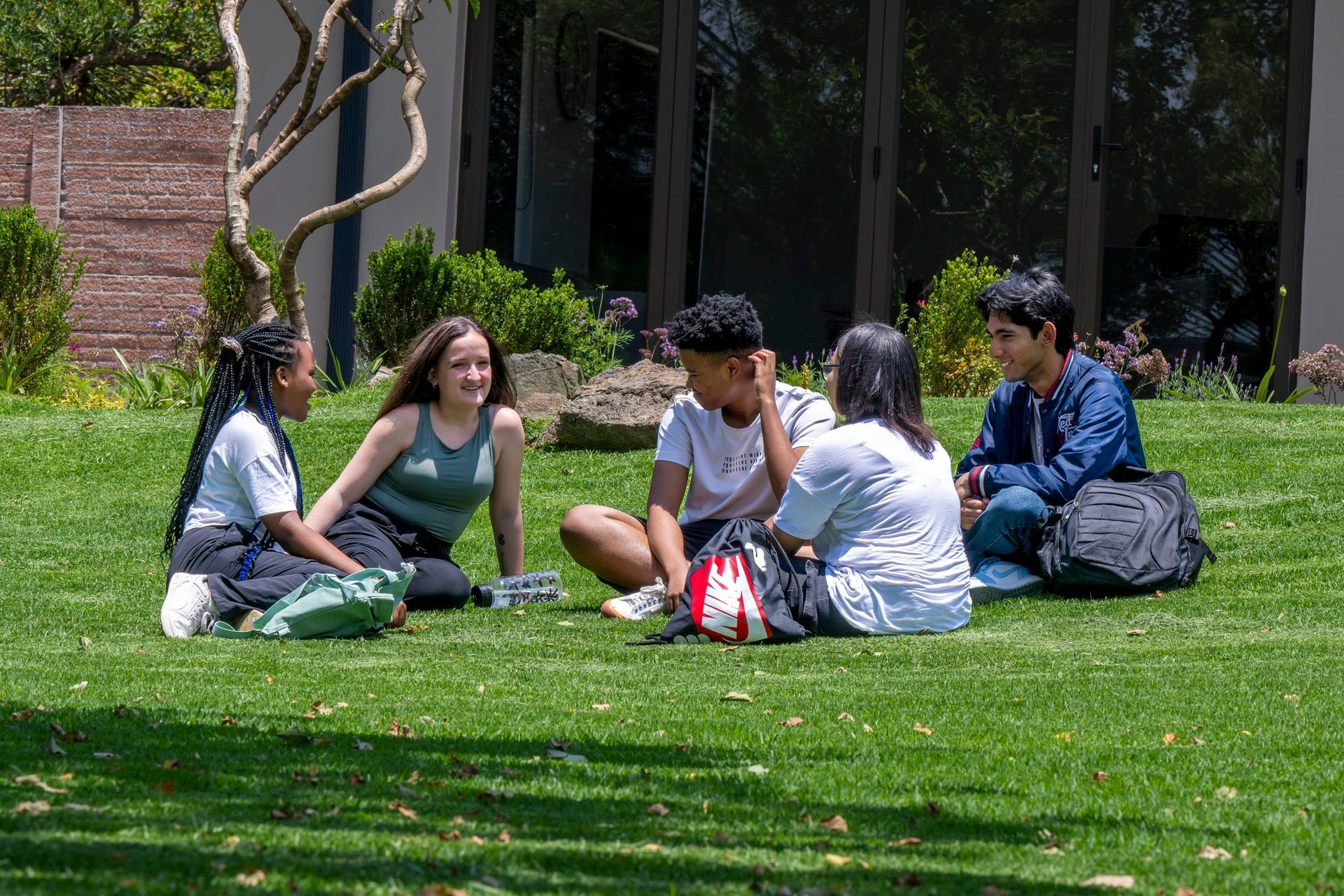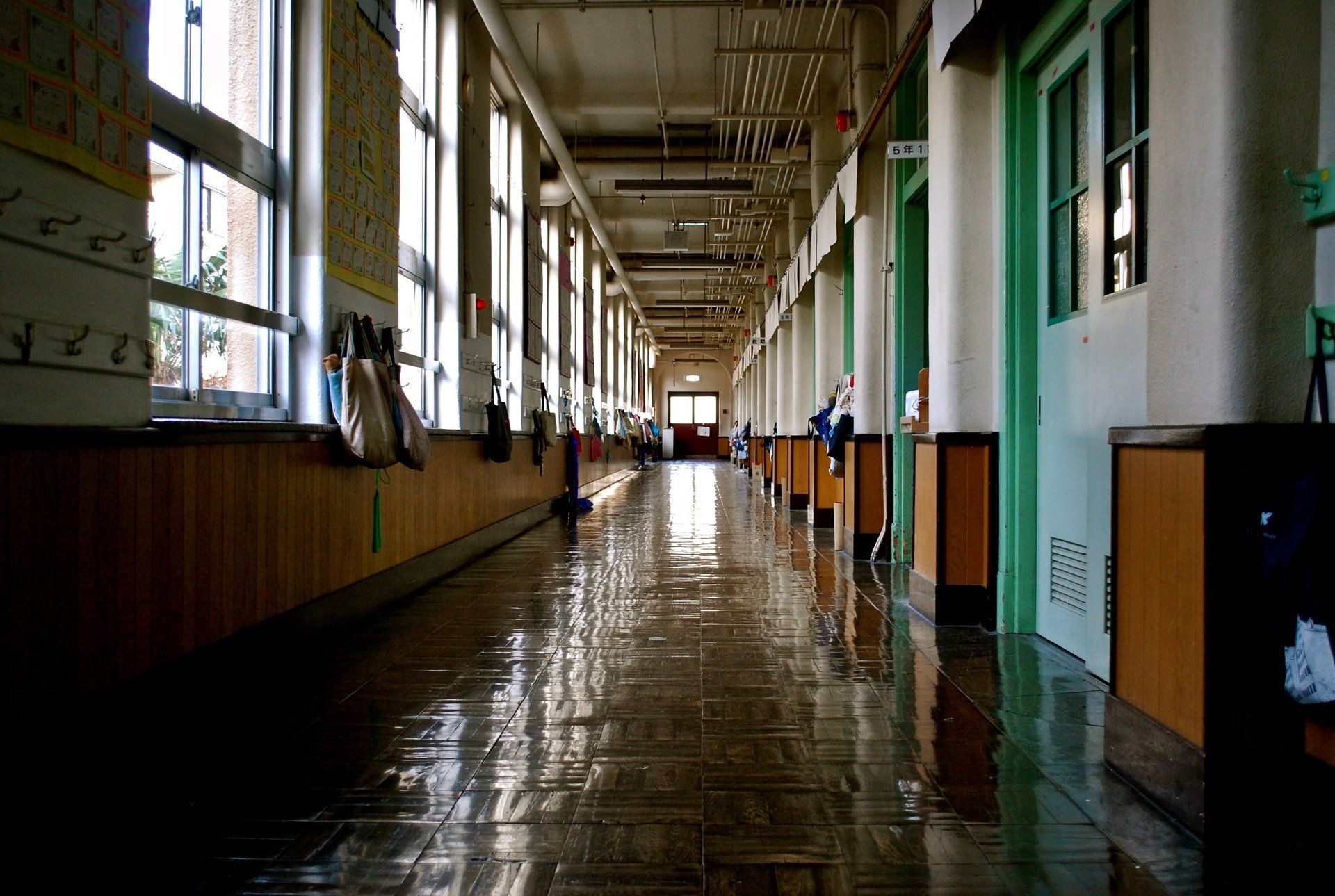Changing Schools: When to Start Looking at Other Options
Is your child thriving? Or are you beginning to ask, “Is this school the right fit?”
It has become increasingly common for families to change schools to ones that better support their children’s academic, social and emotional development. However, this isn’t a decision to be taken lightly. At Abbotts College, we recognise that choosing to move your child is a major step. For this reason, we aim to thoughtfully guide parents through the process.
In this article, we will explore the key signs that a change may be necessary, how to evaluate your options, practical timing considerations as well as tips for a smooth school transition.
Why Families Consider Changing Schools
There are many valid reasons as to why families may consider changing schools. Some of these reasons include:
- Relocation or emigration
- Desire for a higher quality of education
- Smaller class sizes or more personalised attention
- School environment and culture
- Concerns about bullying or peer influence
- Access to specialised support for academic or social needs
While these reasons are important, not all motivations are equally strong. Parents should carefully distinguish between concerns rooted in genuine student needs and those based on convenience, preference or frustrations that are temporary.
When Not to Make a Move (Or When to Pause and Reflect)
Some reasons for switching schools are unwise. Some examples include:
- Disliking a particular teacher
- Not getting into a preferred class
- Missing out on a sports team or activity
- Concerns about the “wrong crowd”
Before making a decision, it’s crucial to discuss concerns with teachers, school counsellors and administrators. Many challenges can easily be addressed through dialogue, adjustments in learning support or emotional coaching, which makes changing schools unnecessary.
Key Signs That the Current School May Not Be the Right Fit
Knowing when a child truly needs a new environment is essential. Some key indicators include:
- Academic regression despite consistent support
- Persistent emotional distress, anxiety or withdrawal
- Lack of adequate resources to support learning diversity or specialised needs
- Educational philosophy misaligned with the child’s learning style
Parent checklist for evaluating fit:
- Does your child consistently struggle academically despite support?
- Are they regularly anxious or unhappy at school?
- Does the school provide resources suited to their learning needs?
- Is the school’s approach aligned with your child’s learning style and values?
If several of these apply, it may be time to explore alternative environments that will better foster your child’s growth, creativity and emotional wellbeing.
Why Timing Matters — “When to Start Looking”
Many schools accept students throughout the year. However, careful timing is key. Before withdrawing your child from their current school, be sure to secure acceptance at the new one.
Practical considerations include:
- Curriculum differences and potential learning gaps
- Academic catch-up requirements
- Adjustment challenges, both socially and academically
Starting the search early ensures a smooth school transition and avoids any unnecessary disruption to your child’s learning.
How to Evaluate New School Options
A thorough evaluation is critical. Consider the following steps:
- Research: Visit school websites, read reviews and explore their ethos and curriculum.
- Arrange tours: Meet principals, learning support staff and teachers. Ask specific questions about student support, teaching methods and the culture of the school.
- Parent feedback: Speak to parents of current students, especially those with similar needs or concerns.
- Practical considerations: Location, cost, class sizes, curriculum alignment and values.
- Specialised support: Ensure the school can cater to academic struggles, learning diversity or neurodivergent students if your child has special needs.
At Abbotts College, we encourage families to consider non-traditional schools and alternative schools for learners who may not thrive in the conventional school systems.
Weighing the Benefits vs Risks of a Change
Changing schools can be highly beneficial, but staying may also be the right choice. Remaining in the same school can:
- Build resilience and persistence
- Strengthen long-term friendships and relationships
- Provide continuity in emotional and academic support
Parents should carefully weigh the potential gains of a new environment against the stability and support of the current one. The goal is to select a school that optimally supports emotional wellbeing, academic growth and personal development.
Planning the Transition
Once you have made the decision:
- Ensure your child is placed in the new school and has a clear schedule
- Arrange academic catch-up or orientation sessions if needed
- Prepare your child emotionally by discussing the change and encouraging questions
- Monitor the first term carefully, supporting social integration and adaptation
Supporting your child through this process is critical to ensure a positive school transition and sets the foundation for success in their new environment.
Changing schools is a significant decision, but with careful evaluation, timing and support, families can make the transition in a way that benefits both learning and emotional development. Abbotts College provides guidance and alternative education options to ensure every child finds a school that truly fits their needs.
FAQs:
When should I consider changing schools?
If your child consistently struggles academically, shows signs of emotional distress or their needs are not being met.
How do I know if my child’s current school meets their needs?
Look at academic progress, social engagement, emotional wellbeing and alignment with your family’s values.
When should I stick with the current school?
If the challenges are minor, resolvable or temporary, and there are opportunities to address concerns with teachers or support staff.
What role does emotional wellbeing play?
Emotional wellbeing is central; children learn best when they feel safe, supported and engaged. Schools should nurture this alongside academic achievement.











